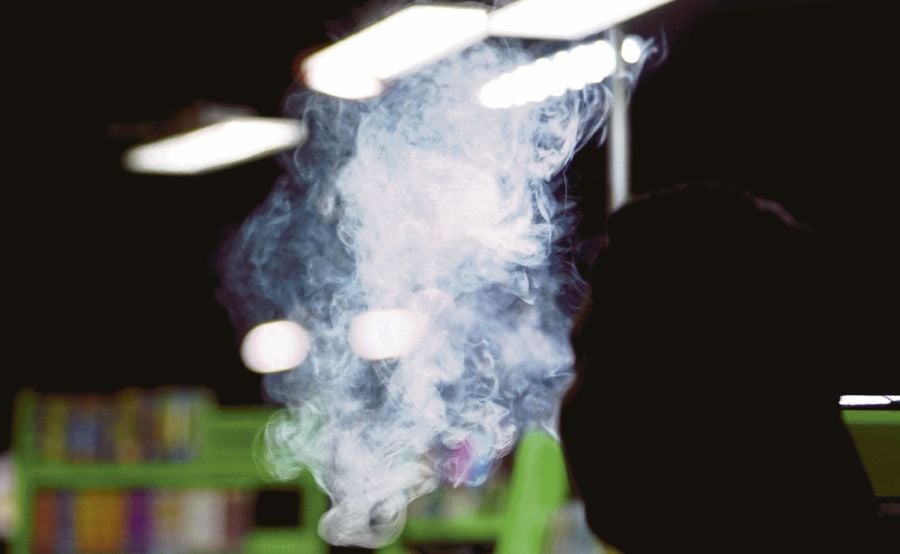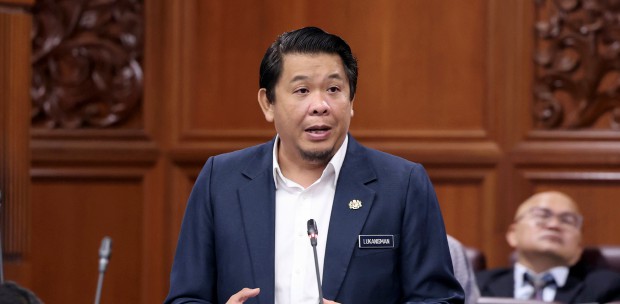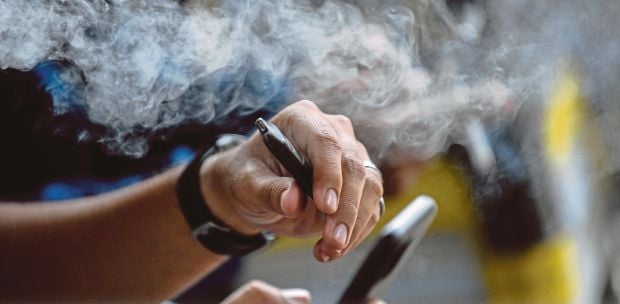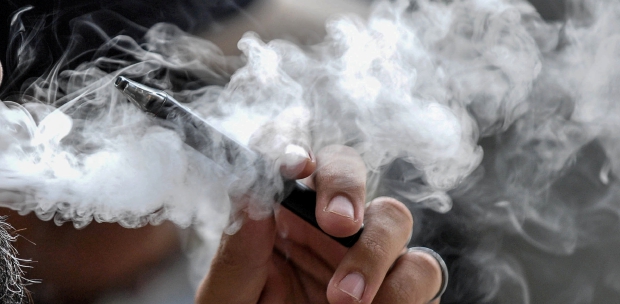KUALA LUMPUR: The government should enact clear policies with the aim of preventing the accessibility of smoking and vaping products to younger generations, says a health expert.
Malaysian Family Medicine Specialists' Association (FMSA) president, Dr Nor Hazlin Talib highlighted the necessity for robust enforcement and proactive measures from the industry to address this concern.
Dr Nor Hazlin said a focus on stringent enforcement is crucial.
She suggested prohibiting the sale of vaping and smoking products within a one-kilometre radius of all schools.
To strengthen regulatory measures, she also proposed enforcing strict penalties for sellers who fail to comply with these regulations.
"A streamlined reporting mechanism should be devised for schools and the public to easily notify authorities regarding the unauthorised sale of smoking or vaping products, encouraging greater public involvement in implementing regulations," she told the New Straits Times.
Dr Nor Hazlin also underscored the importance of incorporating comprehensive nicotine addiction education into the education curriculum, targeting children and adolescents.
She stressed that campaigns aimed at youth should highlight key aspects, including the risks of nicotine addiction—leading to tolerance and increased usage—and health implications like reduced stamina, breathlessness impacting physical and athletic performance, and poor concentration.
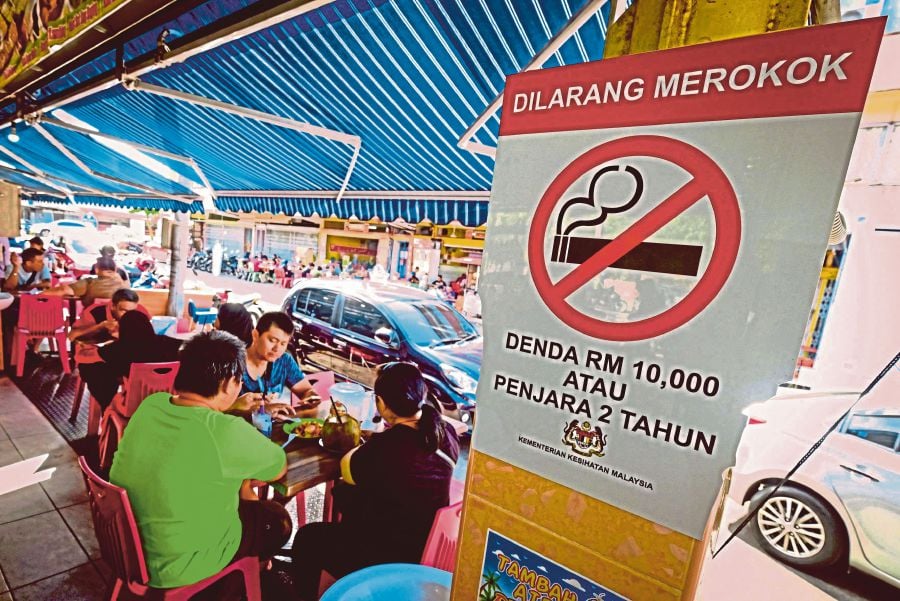
"The dangers of potential exposure to more hazardous drugs or new psychoactive substances through the manipulation of vaping devices using liquid gel.
"The education strategy must involve parents, catering to smoking and vaping and the risks of nicotine addiction as nicotine acts as a gateway drug, rendering the developing brain more prone to addiction," she added.
Echoing Dr Nor Hazlin, Consumers' Association of Penang (CAP) senior education officer N.V. Subbarow demanded the government reclassify nicotine as a poison in the Poison Act and reintroduce the Generational Endgame Bill (GEG) prompt.
He said the authorities should set conditions, such as not approving licences to sell any tobacco-related products to retailers near schools and hospitals.
Subbarow suggested the Health Ministry set up an easy online system to enable the public to file complaints about vendors selling vapes to minors.
"Just as it is very easy to buy vapes online, it should be made very easy for the public to file complaints when vendors break the law," he said.
CAP also called for the industry to take proactive steps, such as supporting the GEG component in the proposed bill, ceasing promotion to minors and avoiding attractive designs and flavours appealing to children.
Meanwhile, Malaysian Council for Tobacco Control (MCTC) secretary general Muhammad Sha'ani Abdullah criticised the previous government's decision to regulate vape juices, e-cigarettes and vape devices.
He described the lack of inter-agency coordination as a failure to realise the government's decision to regulate them.
"As such, adopting international best practices, such as the Medicines and Healthcare Products Regulatory Agency in the United Kingdom.
"The devices must be under the purview of health authorities rather than the Domestic Trade and Cost of Living Ministry or the Ministry of International Trade and Industry (MITI), to ensure the objective of devices that pose severe health risks is regulated by the competent agencies mandated to protect public health," Muhammad Sha'ani said.
He also proposed regulating marketing tactics through licensing and enforcing strict measures to protect children from being targeted by unscrupulous traders.


